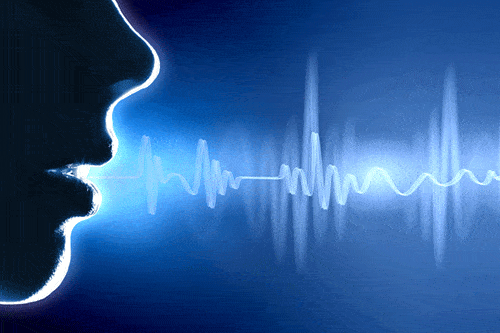 Our last two blogs have been about some of the therapeutic benefits of one of the simplest, yet most profound sounds—the hum. We discussed how humming can generate Nitric Oxide and Melatonin, as well as reducing heart rate and blood pressure, enhancing relaxation and calmness. In this blog we are going to beginning to examine how to hum with the greatest efficacy. And while there’s really no wrong or right method to hum—it sometimes is helpful to receive suggestions about how to potentiate humming.
Our last two blogs have been about some of the therapeutic benefits of one of the simplest, yet most profound sounds—the hum. We discussed how humming can generate Nitric Oxide and Melatonin, as well as reducing heart rate and blood pressure, enhancing relaxation and calmness. In this blog we are going to beginning to examine how to hum with the greatest efficacy. And while there’s really no wrong or right method to hum—it sometimes is helpful to receive suggestions about how to potentiate humming.
First, however let us examine the power of vibrations in order to understand a bit more about the power of humming. There are two ways that sound affects us. One way is through the phenomenon called “psycho-acoustics”, which really is the response of our nervous system to the sounds we hear. The sounds we hear (or perhaps more importantly, listen to), go into our ear, are transferred to electrical impulses which then go into our brain. From there these sounds affect our heart rate, respiration, nervous system and much more. Once again, this occurs when we listen to sound.
The other way that sound affects us is called “vibro-acoustics.” This is when the sound waves resonate with our physical body. It is, if you like, the ability of the sounds to affect us directly on a physical level, vibrating us on a cellular level—which includes our DNA and molecules. To quote an article from the NY Times Science Section (from Feb. 8, 1988), sound can “make, break or rearrange molecules.” That’s pretty impressive.
Of all the sounds that we can make, the most powerful vibro-acoustic sound is the hum. It is an extraordinary way of giving ourselves an internal massage. Once you begin to hum, play with the pitch of the sound (as well as your intention) and you will find that you can learn to direct your hum to almost any part of your body. For more information and instructions about this practice, we refer you to THE HUMMING EFFECT.
Why is the hum the most powerful vibro-acoustic sound? Very simple. To properly hum, you need to have your lips closed (if you are humming with your mouth open that’s not quite a real hum). If your lips are closed, none of the sound is escaping through your mouth and therefore more of the sound is resonating within your physical body—particularly (though not exclusively) in your head.
For those who cannot wait, here are some basic humming instructions. When we practice “Conscious Humming”, I like to allow at least 10 minutes for this activity—5 minutes for the actual humming and then 5 minutes to be in silence. Please note that the effects of sound can be cumulative. In addition, it is often in the space of silence that the most powerful effects occur. Silence is the yin to the yang of sound and is an equally important (though oftentimes) ignored part of the sonic experience.
In the next blog, I will go into more detail about humming. But for the time being, here are some suggestions:
Here are 10 steps to first begin Conscious Humming.
-
- Find yourself a comfortable place where you can make sound without being disturbed.
- Sit up straight.
- Close your eyes.
- Take a few slow deep, breaths (which is called diaphragmatic breathing) in which your breath goes into the lower part of your lungs and down to your belly. This allows your body to relax. Deep breathing is essential for Conscious Humming to occur.
- As you take these first deep breaths, begin to focus your intention on what you’d like to experience through your humming and where you’d like to feel the humming resonate in your body. The projection of intention of the sound is what facilitates the process of Conscious Humming.
- After a few breaths, begin to sound forth with a hum that is comfortable for you. Try this on one pitch. Usually mid-range is good to start. After you have done this practice a few times, you can begin playing with the pitch to see where the resonance occurs and what works best for you.
- Do this practice of deep breathing in and then sounding forth with an elongated a hum for about 5 minutes (this will be about 25 hums).
- Be aware of where the sound is naturally vibrating in your body.
- Stop making sound and sit in silence, being aware of where the sound has resonated and any changes you may have experienced. Allow yourself 5 minutes to be silent.
- When you are ready, open your eyes and center yourself. Most people have never experienced Conscious Humming before and you will probably find it is a very powerful experience.
Please read our next blog (coming soon) for more information and advanced techniques on humming. As a simple and profound sound, there is a lot of material about it. For those interested, please check out THE HUMMING EFFECT, available as a hard copy, a kindle, and even an audible!




